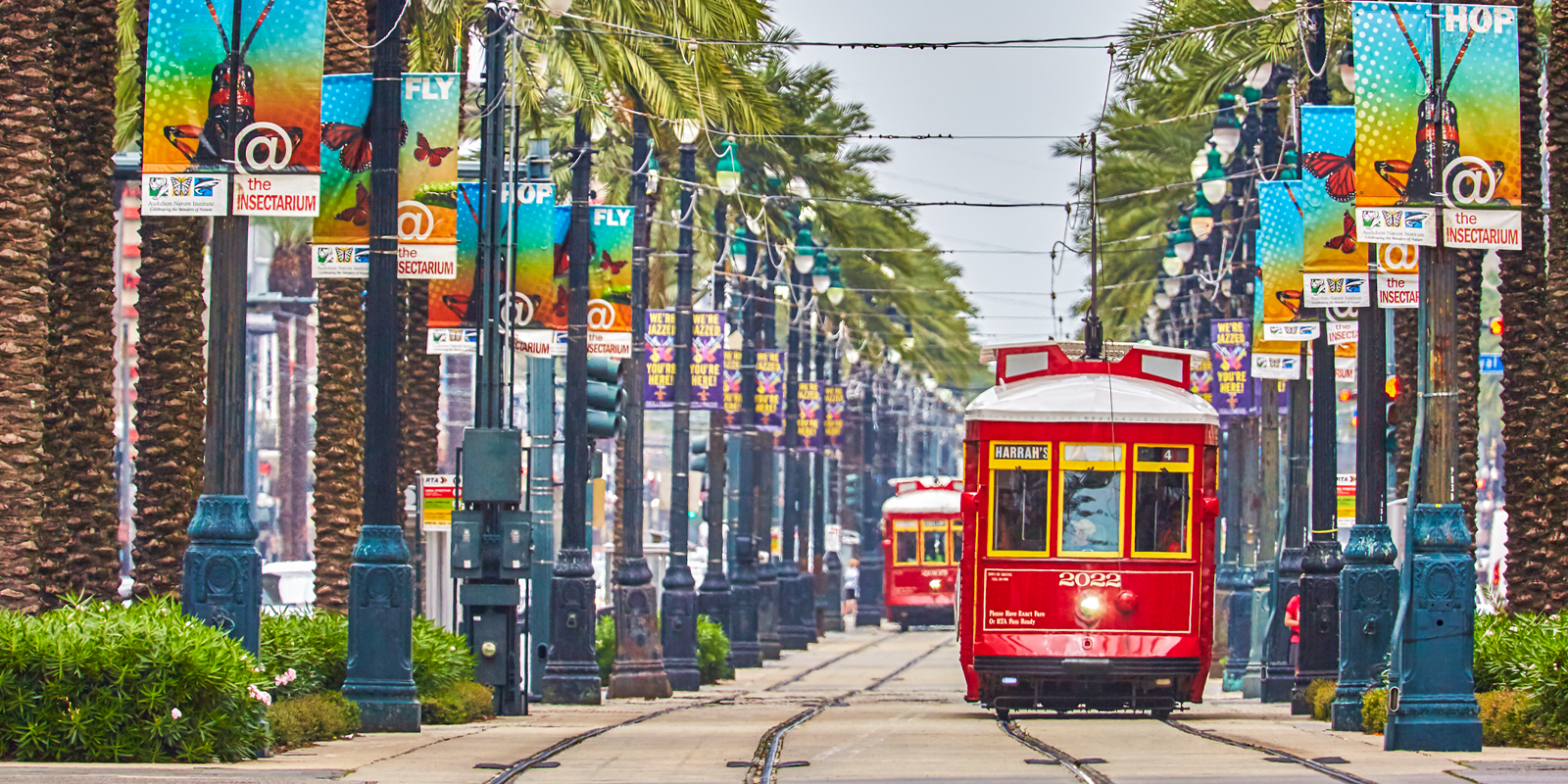New Orleans city employees, who are celebrating their right to form a union through AFSCME, are putting together their first contract.
AFSCME Council 17 members had been advocating for their right to form a union since 2018. In June, the New Orleans City Council unanimously passed a landmark ordinance that established collective bargaining rights for police, fire and general government employees.
AFSCME now represents 3,000 workers in the general government unit. The ordinance provides workplace protections for organizing and creates a process for recognition, collective bargaining and dispute resolution. Now, these city workers can gain a voice on the job by negotiating a contract that addresses salaries, benefits, working conditions, and more.
Workers from 70 departments, such as emergency management services, public works, libraries and sanitation, will be covered by the future contract and are eligible to join the growing AFSCME union.
Members of Council 17 engaged in a range of strategies that led up to this win, from visiting the workplaces of their co-workers to testifying at city council meetings.
One of these members is Amanda Fallis, a librarian and archivist at the New Orleans Public Library for more than 11 years.
“The only way to create any sort of worker voice was to unionize and act together,” said Fallis. “We went to every one of our 15 library branches back-to-back, to meet fellow staff members, hear their issues, and build common bonds … to just let them know that we are more powerful when we stand together united.”
The city council approved the legislation during the hottest summer in New Orleans history. According to Fallis, the legislation empowered members to form committees to address building safety, create policies to protect workers during heat, and raise awareness of the consequences of working in extreme heat.
“We directly work with the public on the front lines,” Fallis said. “Our ideas for improvement are based on actual experience, and now we can make sure that we remain a part of the process to implement changes so that we can perform our jobs properly.”
She said she has felt great power in her ability to advocate with her co-workers to make a difference for her workplace and build a better city for the community.
“A lot of people I know have felt isolated, frustrated, helpless, or like there’s no solution. It’s important to know there finally is one here,” she said. “We have a place to go to exchange ideas, to fight, to organize, and work together to make everything better. We’re here, and we’re available.”
